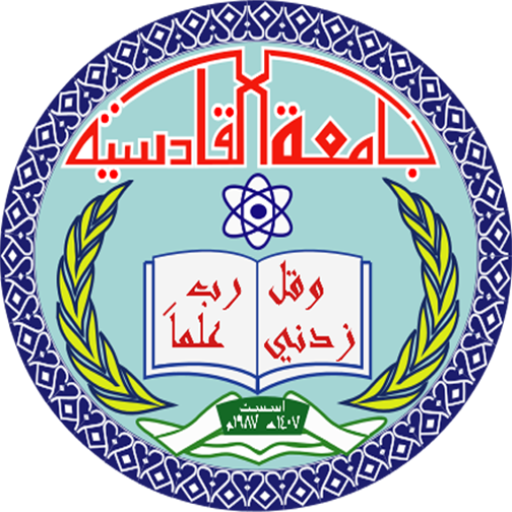The Impact of Corruption on Agriculture Sector in Iraq: Econometrics
Approach
Abstract
The agricultural sector is an important economic activity in most Arab countries, including Iraq, in terms of its capacity to a
large proportion of the total manpower. This makes it a major source of sustenance for a large proportion of the total
population. Its contribution to the gross domestic product (GDP) has decreased in the past two decades because of many
reasons including irrigation water shortage and the decrease in the total cultivated areas…..etc. However, the impact of
corruption, which is one of the economic phenomena that have repercussions on both developed and developing countries,
especially countries that are going through difficult circumstances, including Iraq, which leads the most corrupt countries, has
been neglected. Therefore, investigating the reasons for the low growth of the agricultural sector is the big goal for decision-
makers. This study aims to demonstrate an equilibrium relationship between corruption and the growth of the agricultural
sector in Iraq for the period (2004Q2 – 2019Q4) in both short and long runs. To achieve this objective, Johansen and Juselius,
and VECM model were used. The study concluded that there is a co-integration between the growth of the agricultural sector
and corruption and the existence of a long-run equilibrium relationship between them in the long run. Also, the results found
that corruption contributed 29% to the explanation of the changes in the agricultural sector’s contribution to the GDP. This
indicates the importance of this study and the neglect of previous studies on the impact of corruption on the growth of the
agriculture al sector. Therefore, appropriate measures must be taken to develop economic policies to combat corruption for
the advancement of the agricultural sector.

لا تعليق